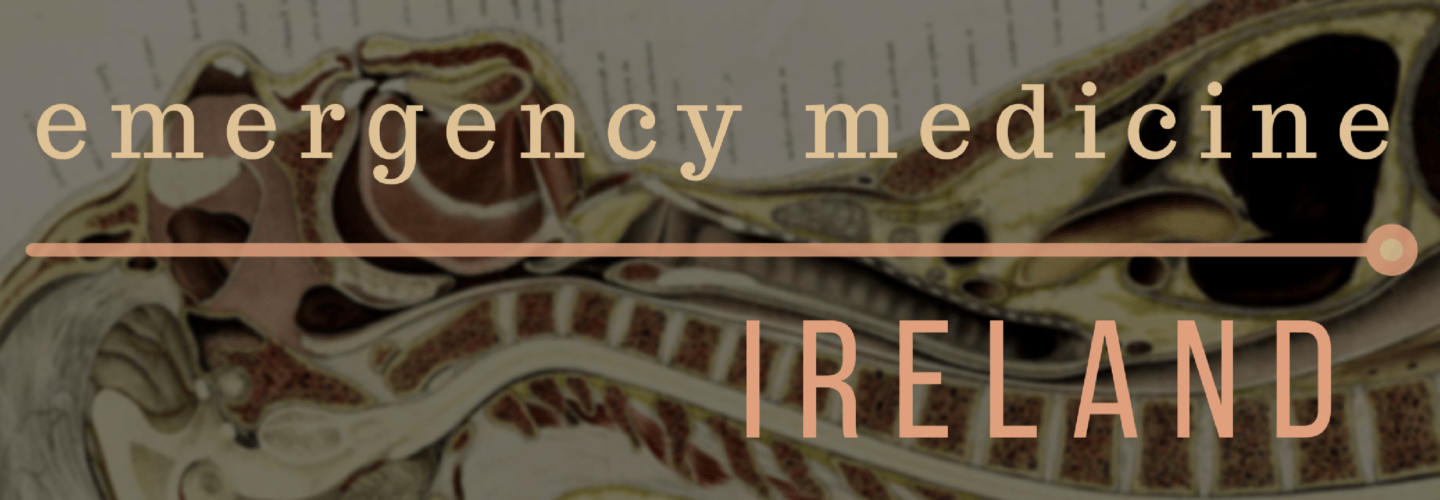Podcast: Play in new window | Download (Duration: 2:44 — 3.9MB)
Subscribe: Apple Podcasts | Spotify | RSS
Welcome back to the tasty morsels of critical care podcast.
Critical illness in pregnancy is remarkably rare given the somewhat bonkers system for reproduction that we seem to have evolved over the past million or years. Improved care of complex cardiac conditions has led to improved survival of women with an ability to procreate and pose what can only be described as challenging conditions for their treating physicians.
What can we expect to see in terms of cardiac disease? Well, most commonly we’re going to see ACS. As the pregnant population continues to age and with RF and smoking and DM still common we can expect to see pregnant woman with CAD. Pregnancy itself with its bump in plasma volume, reduced Hb and increased cardiac output is like one long exercise stress test. Some unique features to consider in pregnancy is spontaneous coronary artery dissections. This can occur outside of pregnancy but due to collagen softening effect of the hormones it can occur throughout pregnancy. While interesting and exam worthy you’re still going to see STEMI on the ECH and have to go to the cath lab so perhaps it doesn’t change much of what we do.
Valve disease provides the most interesting part of obstetric care. Thankfully this is typically known in advance and can be somewhat planned for.
There is a WHO/ESC classification of cardiac disease from 1-4 (with 1 being no detectable increase risk to 4 being pregnancy contraindicated). There’s a lot to a classification like this so I’ve tried to summarise it to the following points. You can expect the worst outcomes in
- Stenotic lesions
- Pulmonary hypertension
- Eisenmenger’s (an irreversible pulmonary vascular disorder secondary to congenital heart disease)
- Mechanical valves
- Severe LV dysfunction (or a prior peripartum cardiomyopathy)
- Aortas so big you could drive a bus through them
References:
ESC Guidelines on the management of cardiovascular diseases during pregnancy
